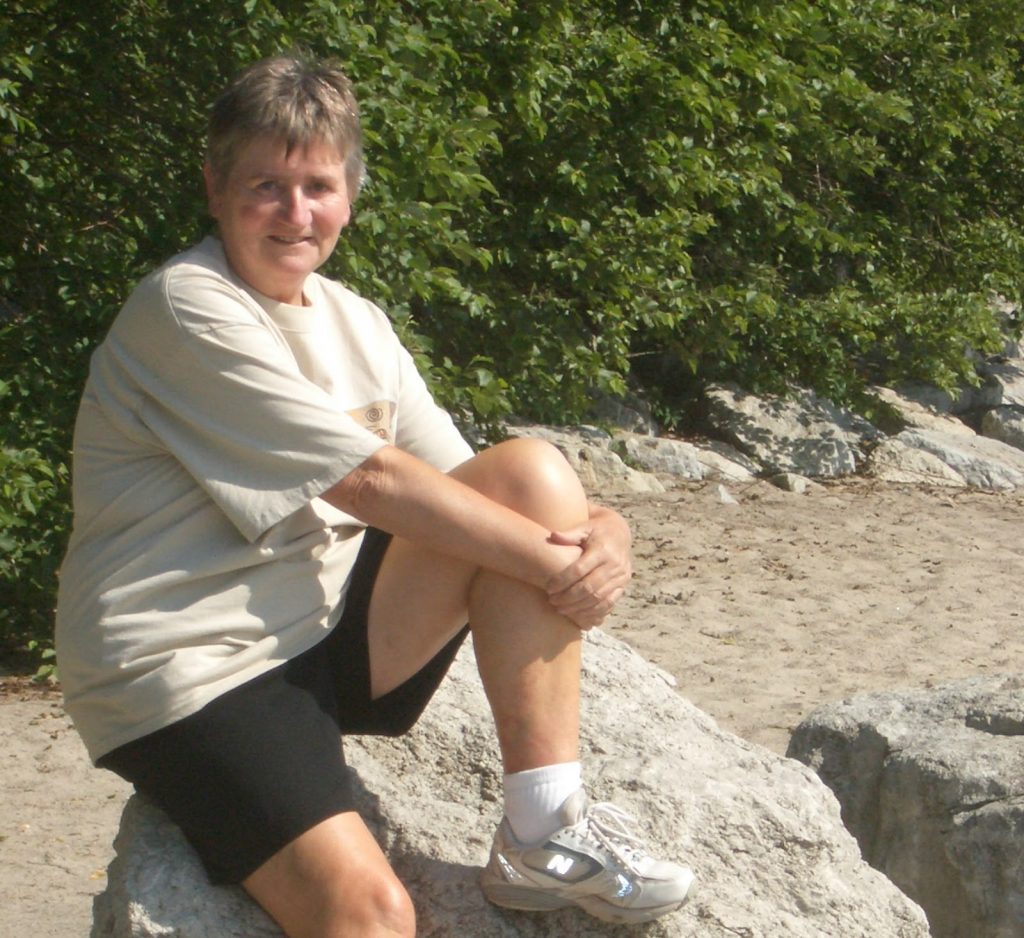my memory in the true sense, and I have enough friends who have that I know
it’s nothing to joke about. But in another sense, I have, because I don’t know
where it’s coming from these days. It makes little sense to me. Why does it
feed me endless meaningless trivia and deny me access to the things that really
matter?
in everyday conversation, nouns or verbs? And which is it that my memory blocks
my path to over and again? And I know it’s not just my memory but that of many
older people. Our conversations are scattered with whatnots and thingamajigs.
But who is ever at a loss for those verbs?
drive to Whatsit’s after the thingy,” I say.
anyone say, “Shall we whatever or thingamy to Susan’s after the
reception”?
that go.
to visit a country where I didn’t speak the language, which I’m sad to say is
most, I made it a point to learn 50 words in that language. It’s simply amazing
how far you can get on fifty basic common words. Did I learn a whole lot of
verbs? No. Maybe to be and to go. And of course please and thank you, yes and
no. Other than that it was nouns; the real essentials. Needless to say my mean
little memory will no longer turn loose most of them in any language, though I
can still sometimes conjugate a few verbs. It’s as if the path to nouns has
been overused to the point of challenging travel. The road to verbs, though,
less travelled as it is, offers easy access.
my mother’s endless proverbs and sayings without a hitch; don’t run before you
can walk, pride comes before a fall, every cloud has a silver lining, we’ll
cross that bridge when we come to it, many a true word is spoken in jest. I
don’t remember ever asking myself, after all these years,
mother used to say about …. ?”
uninvited to my consciousness and even to my lips. But can I remember what
someone earlier today asked me to tell Betsy? Highly unlikely! Why does my
memory so insist on locking away anything which actually matters, while
releasing this endless stream of the inconsequential?
poetry I learned in school. Many people know the lines from Tennyson about
loving and losing but I am one of probably very few who know the two lines
before it, so the whole verse reads –
hold it true what e’er befall,
feel it when I suffer most,
better to have loved and lost
never to have loved at all.
the entire In Memoriam poem, over a seventeen-year period, to another
man, but that’s another story, and another useless one my brain lets me use any
time I want – which I must say is infrequently.
fountain of the totally ridiculous. For example, with apologies to it’s
originator, Virginia Hamilton, the following –
a wonderful bird the frog are.
he sit he stand almost
he stand he sit almost.
ain’t got no tail hardly.
he sit he sit on what he ain’t got almost.
no effort, yet when I chance upon an old friend in the grocery store I cannot
work enough magic to come up with her name. Go figure! Ah well, I guess we all
have to work with what we have. So if you come over to chat to me and, rather
than acknowledging you by name, I greet you with,
bird the frog are,” you’ll know I’m just making the best of what I’ve got.
I
was born and raised in England. After graduation from college there, I moved to
the U.S. and, having discovered Colorado, never left. I have lived in the
Denver-Boulder area since 1965, working for 30 years at IBM. I married, raised
four stepchildren, then got divorced after finally, in my forties, accepting
myself as a lesbian. I have been with
my wonderful partner Betsy for thirty years. We have been married since 2013.

